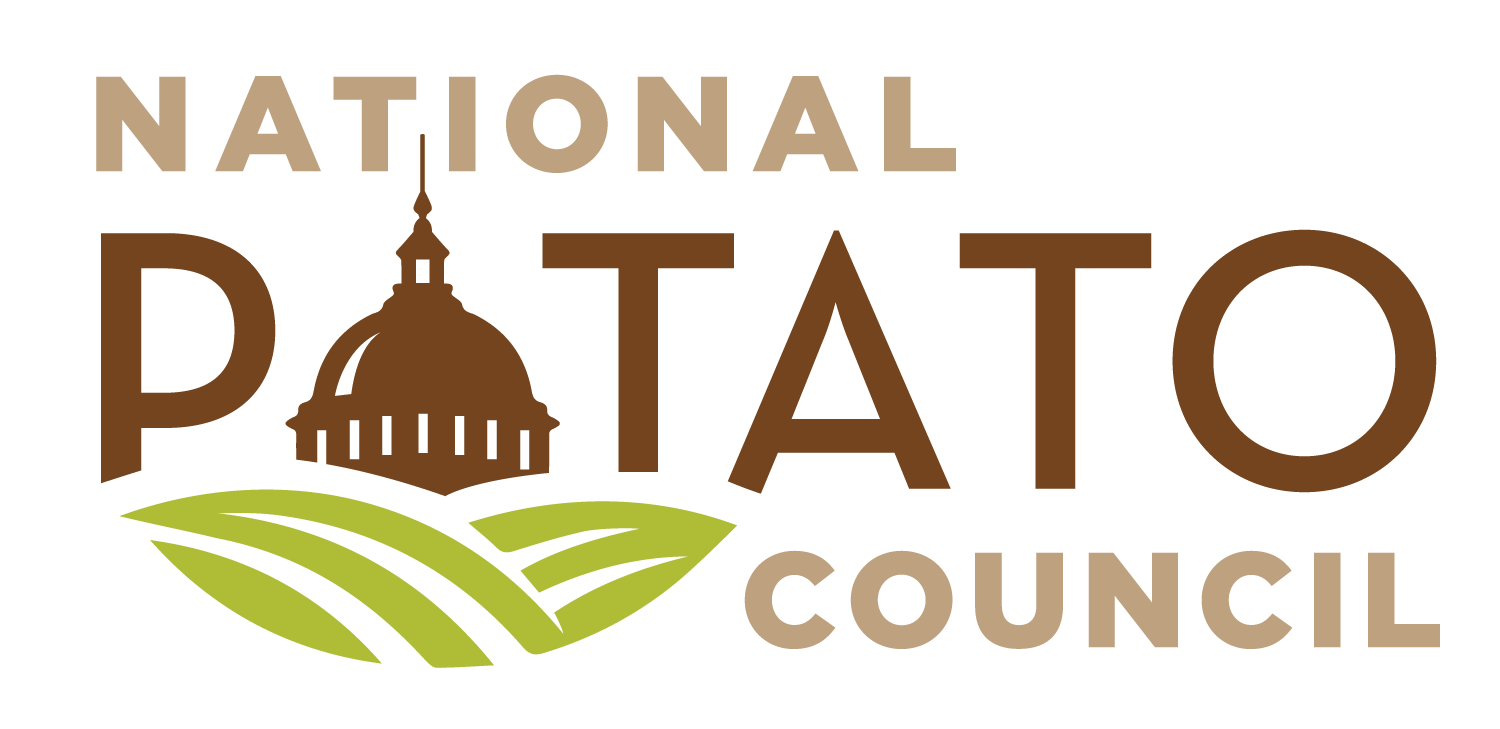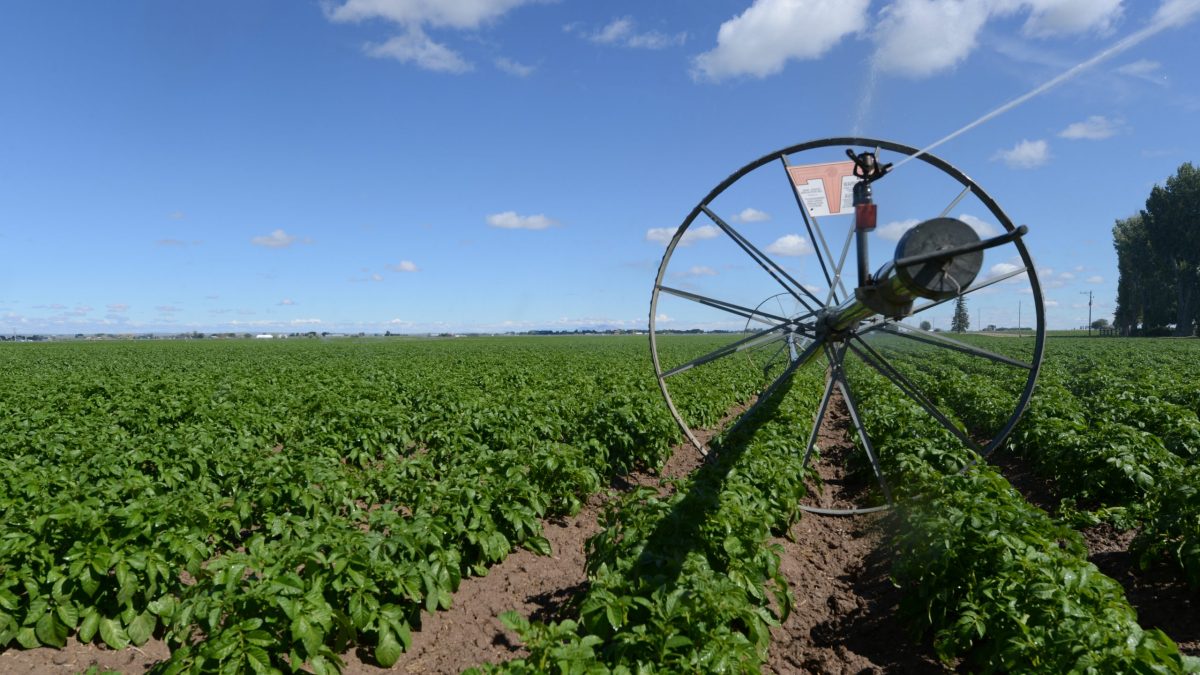The National Potato Council has worked with U.S. potato industry for over a decade to identify opportunities to ensure production methods assurance for the industry to thrive with the adoption of practices that are best for the environment, prosperity and the communities reliant on our $4.5 billion industry.
As the significance of sustainability increases, the industry is evolving to ensure we can address sustainability challenges within the industry.
“As potato growers it is our responsibility to be engaged in the industry’s sustainability efforts as a part of being a good stewards of the land and integral members of communities across the country.”
Ed Schneider, Ed Schneider Farms-Pasco, Pasco, Washington
Grower surveys on sustainability efforts conducted between 2016-2018 show that:
All farms were certified for food safety, and more than 97% of farms planted 100% certified seed.
In 2018, more than 95% of growers reported using non-chemical practices to manage pests such as pest-resistant varieties, mowing, cultivation or beneficial organisms, up from 87% in 2016.
Most growers use Global Positioning Systems, which help optimize potato plant row spacing and positioning within the row, and precisely place inputs based on need at specific locations within potato farms. GPS reduces grower time, equipment operation time, fuel use, and greenhouse gas emissions.
The use of irrigation technology continues to improve. The results show that scheduling irrigation based on predictive models to estimate crop need increased 18% from 2016 to 2018. Also, using pressurized irrigation systems that limit water loss versus furrow/flood irrigation has increase 28% since 2016.
NPC is proud to be an active member of the Potato Sustainability Alliance (PSA), created in 2020 and dedicated to sustainability in the potato sector across the U.S. & Canada. Representing NPC and the U.S. potato industry on the PSA board of directors are Chris Olsen (WA), Ritchie Toevs (ID), and Andy Dierks (WI).


